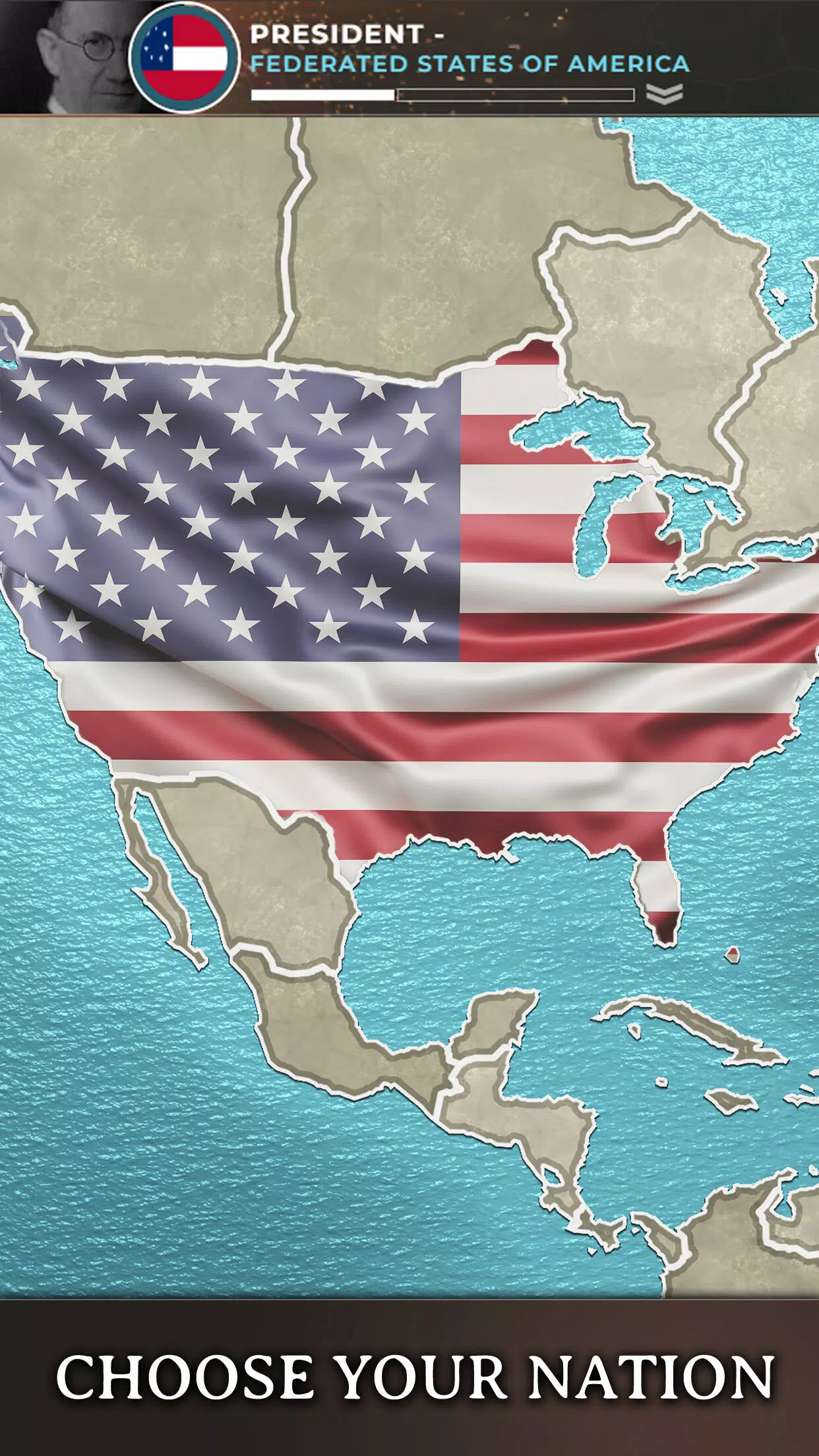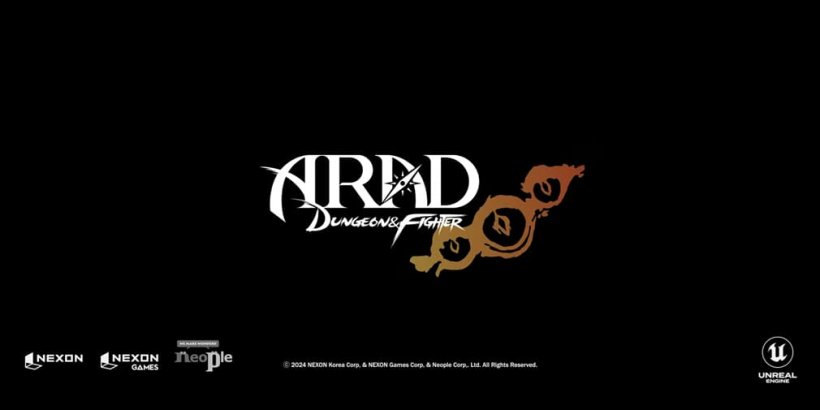If the United States had entered World War I earlier, the course of history could have been significantly altered. Here’s how:
Earlier Entry and Impact on the War:
- Accelerated End to the War: The earlier involvement of the US could have expedited the end of the war, possibly leading to an armistice in late 1917 rather than November 1918. The fresh American troops and resources could have overwhelmed the Central Powers more quickly.
- Shift in European Power Dynamics: With a quicker end to the war, the geopolitical landscape in Europe might have been different. The terms of the Treaty of Versailles could have been less harsh on Germany, potentially altering the conditions that led to World War II.
Economic and Social Changes:
- Economic Strain: The US economy would have been strained earlier, possibly affecting the post-war economic boom and the Roaring Twenties. The earlier entry might have led to more significant economic challenges and a different trajectory for the Great Depression.
- Social Impact: The earlier involvement could have led to higher American casualties, affecting the social fabric of the nation and perhaps altering the isolationist sentiments that persisted into the interwar period.
Global Influence:
- Increased US Influence: An earlier entry would have solidified the US's role as a global power sooner, possibly leading to more assertive foreign policies in the interwar years.
- Colonial and Territorial Changes: The US might have had a greater say in the dismantling of empires and the redrawing of national boundaries, potentially leading to different outcomes in the Middle East and Africa.
Technological and Military Developments:
- Advancements in Warfare: The US's earlier involvement could have accelerated technological advancements in warfare, possibly leading to different developments in military technology and tactics.
In summary, an earlier US entry into World War I would likely have resulted in a faster end to the conflict, different post-war conditions, and a potentially altered path for the 20th century.


 Download
Download



























